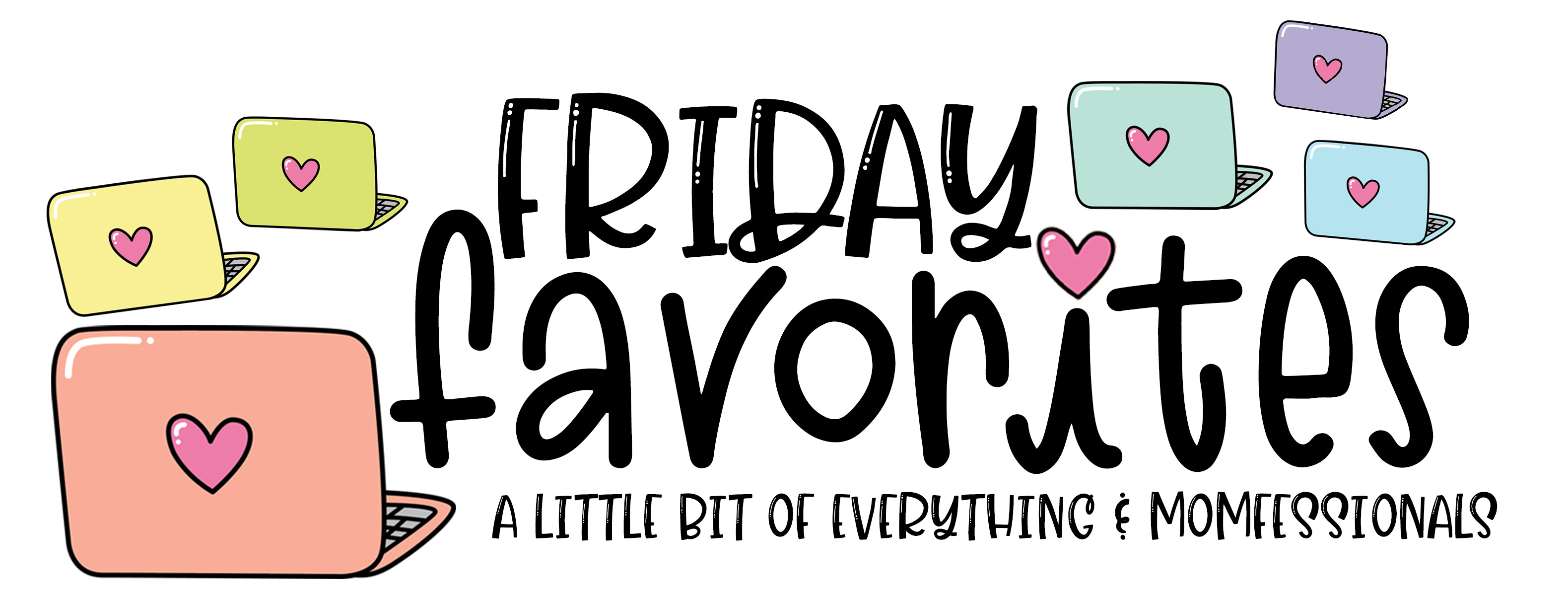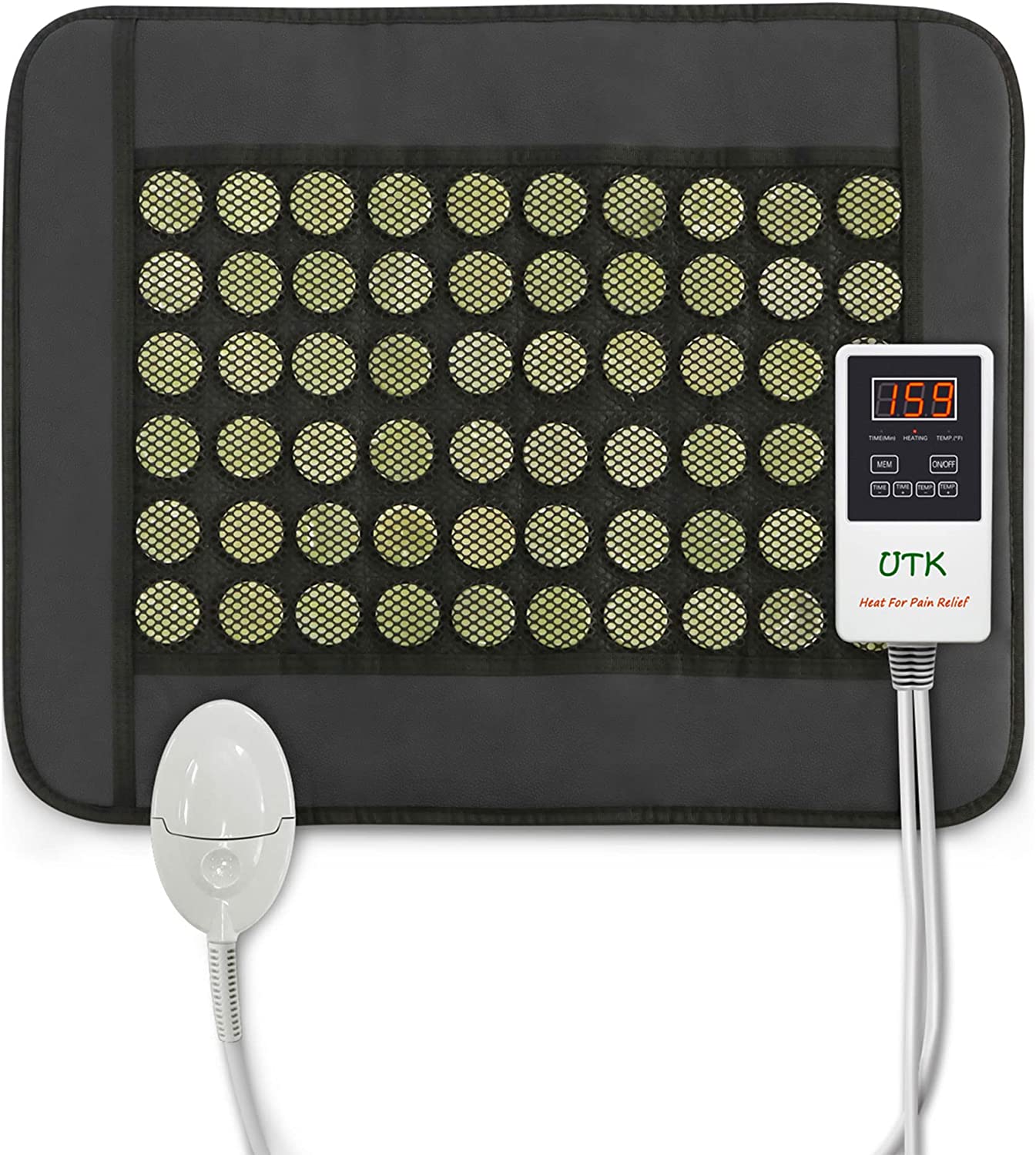Happy Tuesday friends! As I mentioned here on the blog, mom and I were gifted (for a few days at Christmas) with the most beautiful and lovely stay at Inglewood Cottage in Pennsylvania (see HERE!). This was the most lovely gift and we excitedly looked forward to it for weeks and months. We would only have a couple of days in Lancaster and due to this we decided to leave on Christmas day to drive down to Lancaster (approximately 7 hours away). Prior to checking into Inglewood Cottage we stayed one night at Lancaster Marriott at Penn Square.
Having kids is a huge decision. In fact, it’s arguably the most life-changing commitment that you can make. Many people struggle to know when is the right time. If you’ve been thinking about having kids but are not sure whether to commit now, here are a few considerations that could be worth weighing up.
Do you really want kids?
Some people desperately want to have a child. They look forward to loving and nurturing a child of their own, watching them grow and ultimately leaving behind a legacy. For many people it can provide a sense of purpose and be a challenging but constantly rewarding journey.
Of course, having kids isn’t for everyone. Some people do not want the responsibility or the commitment. Having kids can be expensive, physically demanding and it can be hugely limiting on your personal freedom. It’s much easier to pursue passions, build wealth or be spontaneous if you haven’t got kids.
All in all, it’s important to look beyond the social pressures and work out what you want. You shouldn’t have kids just because you feel it’s expected of you. Similarly, it’s important to know when to be selfish if you do want kids - you should be wary of being pressured into given up a child if it’s something you’ve always wanted.
Are the circumstances right?
Sometimes the circumstances aren’t right and you need to consider whether it’s fair to bring a child into the world right now. There may even be times when it could be dangerous for you or your child.
For example, if you’re battling cancer or you are struggling with severe mental illness, you may want to wait until you are healthier to consider having a child. Similarly, you may want to avoid having a child if you are with an abusive partner and likely to be trapped in an unhealthy and unsafe relationship by having a child with them.
Even if you have already fallen pregnant, you can still terminate the pregnancy by visiting a local abortion clinic. If it is too late for this, putting a child up for adoption may still be an option. You should not feel that you have to commit to children if the circumstances are clearly not right.
Of course, danger isn’t the only reason to put off having kids. You may feel the circumstances aren’t right if you’d prefer to focus on other goals like your career or getting an education.
You should bear in mind that the circumstances may never be perfect. While it was once tradition for couples to move out, get married and then have kids, very few couples do it in this order nowadays. You also don’t have to be in a relationship to have kids - many single parents are able to raise healthy and successful kids, although it definitely benefits to have a supportive network around you to take off some of the strain.
Does your partner want kids?
It’s important to consider what your partner wants - especially if you are in a loving relationship that you want to maintain. Having kids will put a strain on your relationship and if one partner is not fully committed they may resent you and the baby.
You should therefore make sure that your partner is as ready as you are. If your partner is eager to dodge the topic of kids, it could be a sign that they are not ready. Try to confront the topic to get an idea as to where you both stand.
What is the best age to have kids?
For women, age can affect the chance of conceiving and the risk of complications during pregnancy. Teen mothers experience a higher risk of developing infections or eclampsia during pregnancy. Meanwhile, the risk of infertility and miscarriages increases for women after the age of 35.
Between the ages of 25 and 35 are the best years for women to have a baby. At this stage, the body is fully developed and is not yet declining. If you’re between these ages and thinking of having kids, it could be the perfect time - at least biologically speaking.
Of course, you don’t have to fall pregnant within this window. Mothers younger than 25 often have more energy to pour into childcare, while mothers older than 35 can be wiser and are typically in a more stable situation in life. All in all there are benefits to having kids earlier or later than average.
Many women over 35 worry that time is ticking away and can sometimes feel rushed into having a child. It’s important that the circumstances are still right and that you’re not trying to fall pregnant at whatever cost. At the same time, you do need to think ahead - if you are in a happy relationship and you both want kids, you may want to consider trying now, as it can take a couple years for some couples over 35 to conceive.
Can you physically have kids?
Fertility issues are more common than many people realise. Some couples cannot conceive naturally and have to consider other options like IVF and IUI. These treatment options can require a fair amount of forward planning due to the cost and the waiting lists.
Many people do not know whether they have fertility issues or not until they start trying to conceive. If you have already been forewarned by a doctor that there may be issues, you may want to start planning when to have kids a couple years in advance (and ideally before the age of 35). You do not want to leave trying for a child too late.
That said, if you can not have kids naturally and fertility treatments are not an option, there is still the route of adoption to consider. There are many children out there who are waiting to be adopted. As with fertility treatment, adoption can be a lengthy process and is worth planning in advance.
So, should I have kids now?
If you and your partner (if you have a partner) want kids and you feel that the circumstances are right, it could be time to commit. If you still have doubts or feel that the circumstances aren’t right, it may be better to delay. Just make sure to consider your age and any already diagnosed fertility issues before you delay to avoid putting it off too long.
*contributed post*
A pet's unconditional love and companionship can have an incredible impact on our lives. According to the American Pet Products Association, 66% of U.S. households have at least one pet in their home. From cats to dogs, hamsters to horses, animals offer us much more than just cuddles; they also provide numerous physical and mental health benefits! This blog post will explore how pets can significantly improve your well-being. We'll look at how caring for them can reduce stress, boost moods, lower blood pressure, help children with anxiety or social fears, and even increase physical activity. Finally, we'll discuss safety tips for keeping both you and your furry friends healthy.
The Benefits of Owning a Pet:
Studies have consistently shown that pets can benefit mental and physical health. From improved moods to increased physical activity, pet owners experience many benefits from owning an animal companion. Furthermore, the unconditional love and companionship that comes with having a pet can foster connections between family members, help children develop empathy, and even improve cognitive function in some adults.
Stress Reduction and Improved Moods:
Many studies have found that simply petting an animal or playing with them can reduce stress levels and positively impact moods. This is partly due to the release of oxytocin (the "love hormone") when interacting with animals. Oxytocin helps reduce blood pressure, heart rate, and cortisol (the stress hormone) levels which can have a calming effect on us. Studies have also shown that having a pet can provide a sense of purpose and increase self-esteem and social support.
Lowering Blood Pressure Levels:
Having a pet can also have physical health benefits. Studies have found that owning a dog or cat can lower blood pressure levels in adults and reduce stress-induced cholesterol and triglycerides. These effects are likely due to the fact that interacting with animals helps us relax and reduces cortisol production, which helps keep our cardiovascular system healthy.
Helping Children Struggling with Anxiety or Social Fears:
Having a pet can be highly beneficial to children who may struggle with anxiety or social fears. Studies have found that children who have pets are more likely to be comfortable talking to people and making new friends. This is partly due to the fact that animals provide unconditional love and acceptance, which can help boost self-confidence in young people.
Increasing Physical Activity:
Finally, having a pet can encourage physical activity. Studies have found that people who own dogs are more likely to get regular exercise than those without pets. Walking or playing with a pet can help improve overall fitness levels and reduce the risk of heart disease, stroke, and diabetes in adults and children.
Cognitive Function Improvement:
Recent studies have also found that having a pet can improve cognitive functioning in some adults. The increased social interaction and physical activity with owning a pet can help enhance memory, focus, problem-solving abilities, and more.
Improving Mental Health:
Owning a pet can help boost your self-esteem and decrease feelings of loneliness or isolation - both of which are important for mental health. Additionally, the social support benefits associated with pet ownership can be critical for those suffering from depression or anxiety.
Strengthening Family Bonds:
The unconditional love and companionship offered by pets help form meaningful connections between family members, strengthening their bond. Pets also provide an opportunity for children to develop empathy and responsibility; they learn how to care for another living creature while growing their emotional intelligence.
Developing Empathy in Children:
Caring for a pet can help children understand the importance of compassion and empathy towards animals while teaching them how to be gentle with others - both humans and animals alike!
The Perfect pet for Your Family:
When choosing the right pet for your family, there are a few things to consider. Firstly, consider how much time and effort you can realistically commit to taking care of the animal - from feeding and cleaning up after them to ensuring they get adequate exercise. Secondly, research which pet fits best with your lifestyle; some pets require more attention than others, whereas others may be better suited for those who live in small spaces or travel a lot. Finally, make sure you're choosing an age-appropriate pet for your children; kittens or puppies might be too much for younger kids to handle on their own. If a puppy is a perfect fit for your family, you should consider training your puppy; this page will tell you more about that.
Pets are a Long Term Commitment:
It's important to remember that owning a pet is a long-term commitment. It can be an expensive, time-consuming venture requiring considerable love and dedication. With the right amount of preparation, however, pet ownership can be one of life's most rewarding experiences - both for you and your four-legged friend!
Keeping Pets and People Healthy: Safety Tips for Pet Ownership:
While having a pet can bring immense benefits to your well-being, some safety considerations should be considered when owning one. Keeping you and your furry friend healthy is vital by following basic hygiene rules such as washing hands after contact with pets or their food, avoiding close contact if they are ill, providing regular check-ups at the vet, and ensuring proper vaccinations are up to date. Additionally, pet owners should ensure their animals are safe and secure in the home by providing proper containment (e.g., fencing), preventing access to hazardous substances/areas, and avoiding leaving them alone for extended periods.
In conclusion, pet ownership comes with many benefits for you and your animal companion! From improved moods to strengthen family bonds and enhanced cognitive function, owning a pet can bring joy into your life while improving overall well-being - making it an invaluable asset in any household. With proper care and maintenance, pets can be a source of unconditional love that will brighten even the darkest day. So if you are thinking about getting a furry friend, why give it a try? You might find yourself happier for it!
*contributed post*
If you are on a capsule wardrobe mission this year, you might need some assistance with planning and maintaining the most effective minimalist wardrobe for your lifestyle. An effective capsule wardrobe should include base layers, flexi-dresses, t-shirts and tops, and footwear. Use the checklist below to help you design and maintain a capsule wardrobe that works.
Base Layers
Base layers come in different shapes and sizes. In purest terms, a base layer is like a second layer of skin; it is usually made from tight, stretchy, synthetic materials that trap the heat and provide maximum flexibility. However, base layers can also include normal leggings and vests.
It’s important to have some base layers in your capsule wardrobe as a foundation for your outer garments. Base layers and very helpful in a capsule wardrobe because they can create a color palette and help you to modify your wardrobe as you move through the annual style seasons.
Flexi-Dresses
Make sure you have a selection of flexi-dresses in your capsule wardrobe to give you plenty of style options depending on the season or the occasion. Flexi-dresses are garments that can be worn casually or formally; they also have a flexible style allowing them to fit with capsule items.
Flexi-dresses are available in many style options; they can be plain or patterned, but they are always comfortable and versatile. View some fantastic flexi-dress options at Johnny Was plus size dresses, where you can find a range of plus-size dresses perfect for capsule wardrobes.
T-shirts and Tops
Again, t-shirts and tops are indispensable when it comes to a capsule wardrobe; t-shirts and tops help you to balance the colors and styles of your wardrobe, so they fit with your current style sense and give your plenty of versatile options without your wardrobe becoming too busy.
T-shirts and tops can be stylish, but it’s often better if they are plain and follow your personal color palette. Base layers tend to be solid black or brown, so t-shirts and tops can offset them in the direction of your styles. Choose between loud ones or ones that have more subdued tones.
Footwear
Don’t forget about footwear in your capsule wardrobe; you need to have the right footwear for the lifestyle you live so that you are comfortable and water-resistant and enjoy improved performances if you go for long walks or hikes. It’s best to understand lifestyle habits first.
Most people need a pair of everyday shoes or boots to wear; these should be well-made, so they handle the demands of daily usage. A pair of smart shoes or boots are also needed for special occasions, and you might require a third pair for your walks and hikes in the mountains.
Outer/Inner Wear
Now that we have the basics of the capsule wardrobe worked out, it’s time to think about the outer and inner wear. What are you going to wear for a coat or jacket, and what about underwear? With a capsule wardrobe, the aim is to minimize the clothing items that you keep.






























